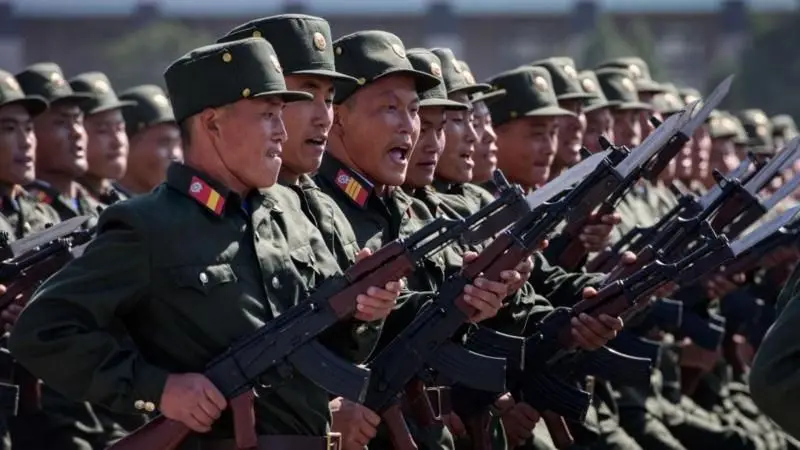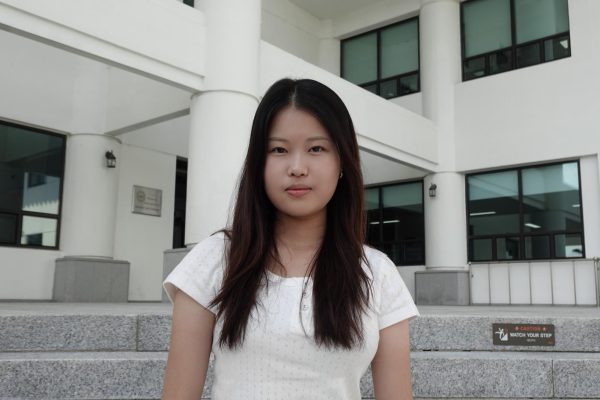Anatoliy Barchylevh, the chief of the general staff of the Ukrainian Armed Forces, reported on Nov. 25 that North Korean soldiers disguised as Indigenous people of Russia’s far east combated with Ukrainian soldiers in Russia’s western border region of Kursk.
This move comes as no surprise, given that North Korean President Kim Jong-un has already deployed around 12,000 soldiers to support Russia in the Russo-Ukrainian war, according to South Korea’s National Intelligence Service (NIS).
Experts suggest that the military cooperation between the two nations likely stems from the immense financial and strategic incentives Russia has offered to North Korea in exchange for its military involvement against Ukraine. In fact, the wages North Korea is receiving for these deployments are estimated to reach over 33.4 billion won per month.
More concerningly, Russia might have shared advanced military technologies with North Korea, given that they have already provided Pyongyang with barrels of oil, air defense systems, and tanks earlier this year. If North Korea obtains deadlier technologies, such as the intercontinental ballistic missile (ICBM) or nuclear weapons, international security becomes a dire issue.
This situation also poses a significant threat to the Korean peninsula and regional stability. North Korea may be able to increase provocations along the border and further isolate itself from diplomatic engagement, heightening regional tensions.
“The situation is worsened by the recent presidential election of Donald Trump,” Minsung Choi (10), MUN member, said. “His close ties with Putin and Kim Jong-un, along with his ‘American first’ stance, may decrease U.S. engagement in diplomatic efforts, particularly in maintaining stability on the Korean Peninsula. I am concerned that Korea is in a dangerous position.”


